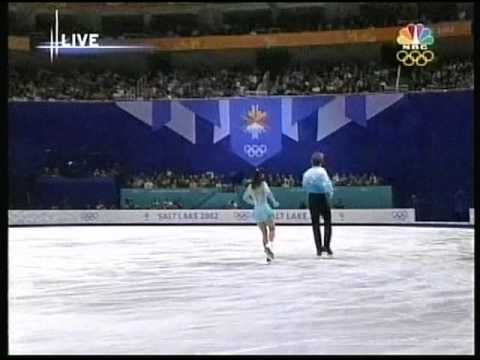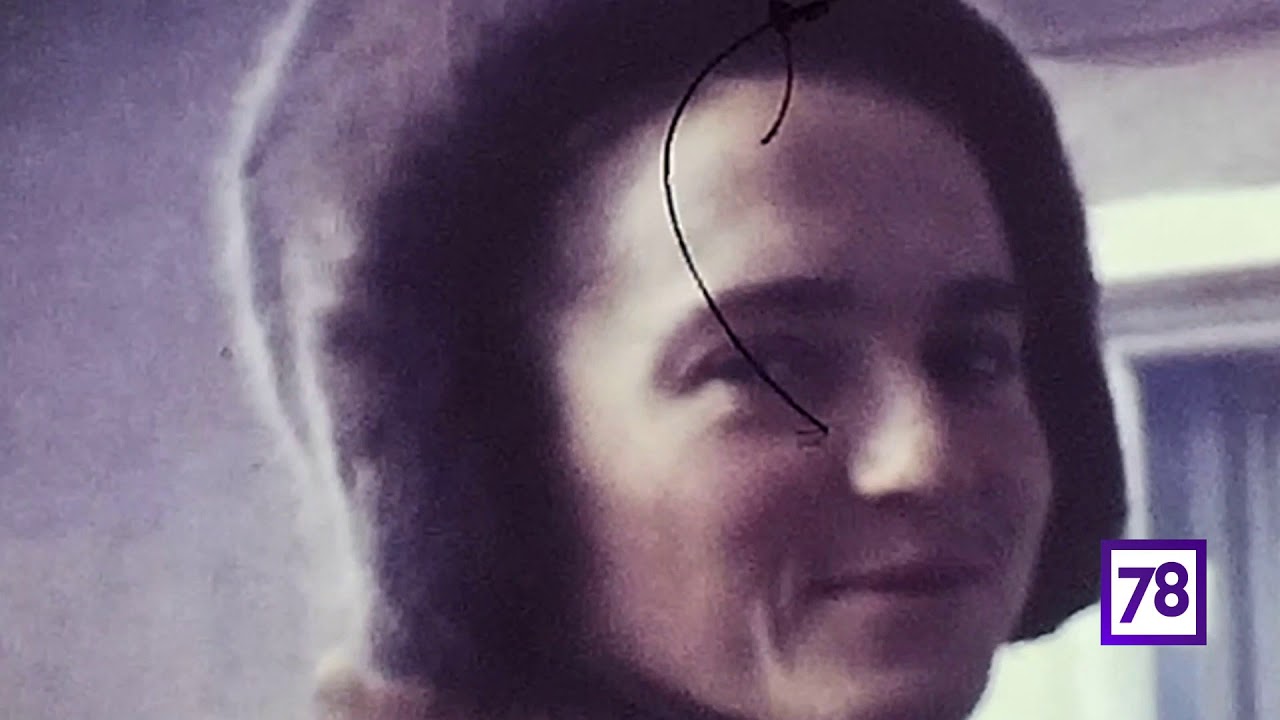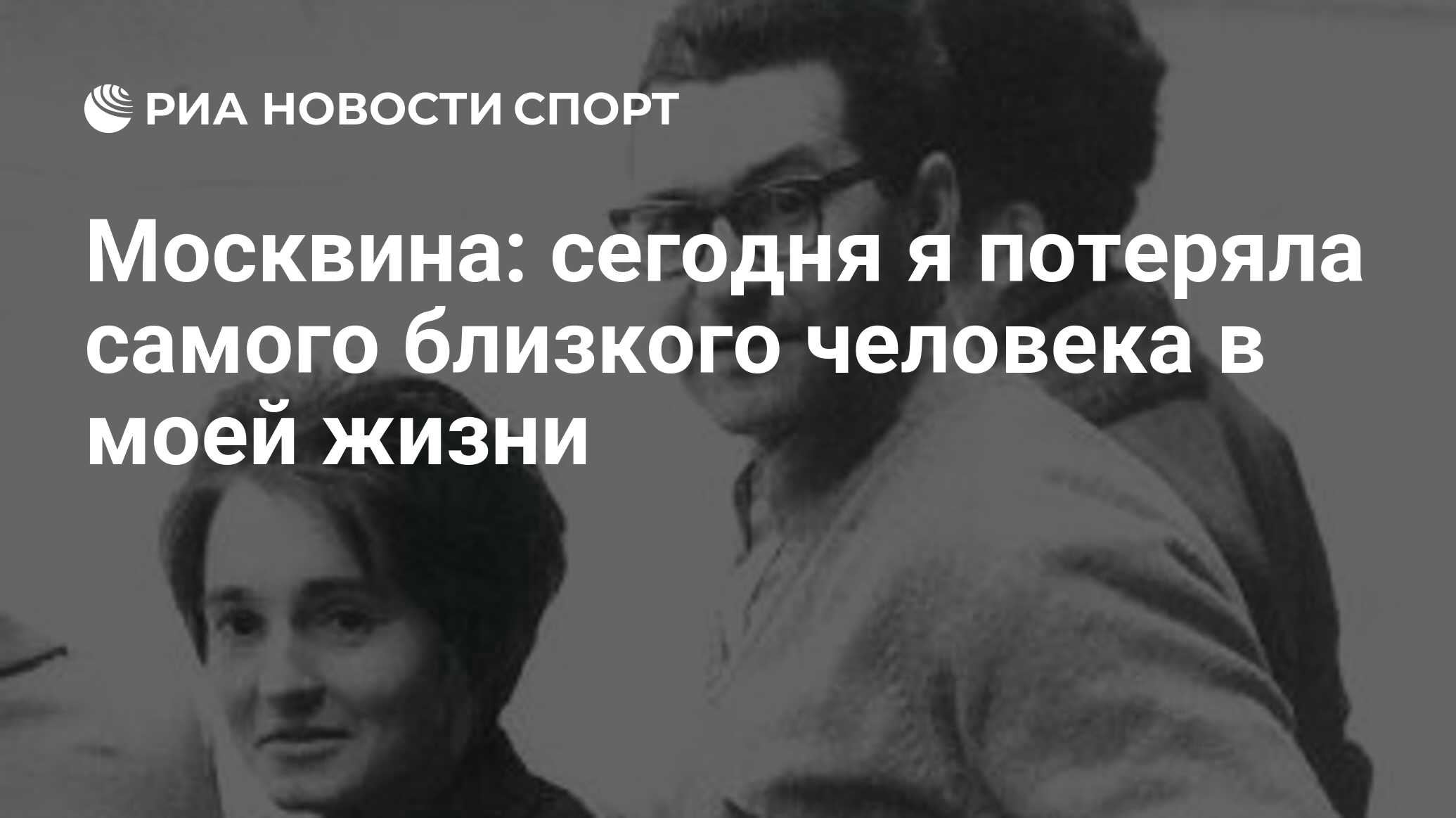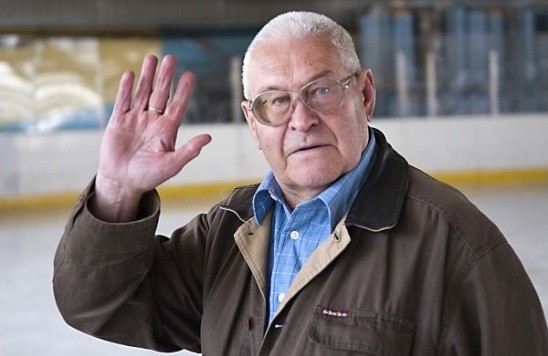Igor Borisovich Moskvin passed away today. He was 91 years old.
This is a very good article about Moskvin written by Elena Vaitsekhovskaya from a year ago, dedicated to his 90th birthday
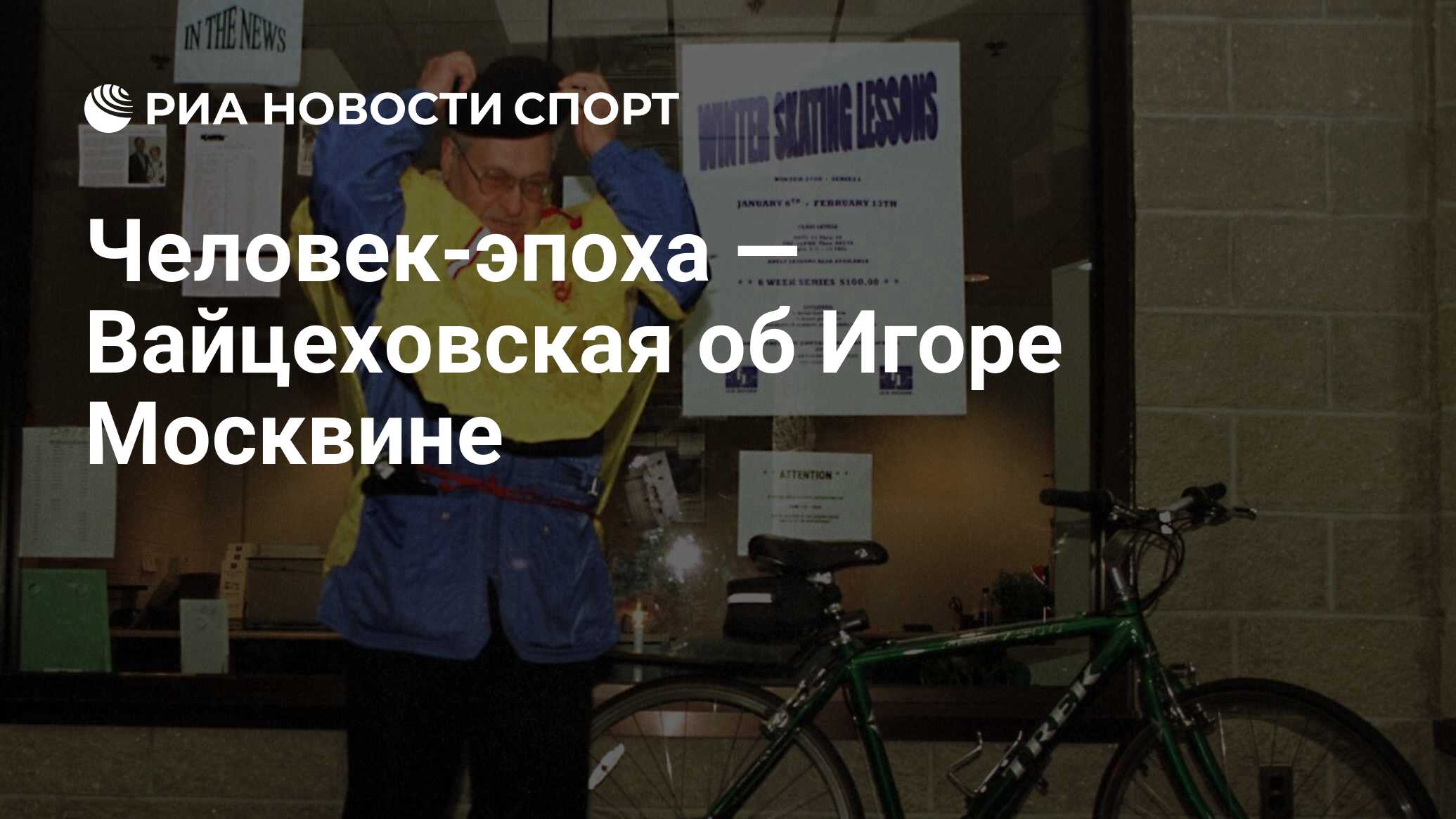
 rsport.ria.ru
rsport.ria.ru
On his first competition:
This is a very good article about Moskvin written by Elena Vaitsekhovskaya from a year ago, dedicated to his 90th birthday

Человек-эпоха — Вайцеховская об Игоре Москвине
Он стартовал в одной из парусных регат на яхте олимпийского чемпиона Валентина Манкина, а его собственную яхту мыла в Севастополе будущая олимпийская чемпионка... РИА Новости Спорт, 30.08.2019
On his first competition:
The ProtopopovsI remember the first competition I took part at in January, 1947 because the famous Nikolai Alexandrovich Panin-Kolomenkin, a figure skater who became the first Russian Olympic champion in 1908, was present there. He came to the rink in a long - either fox or wolf coat, felt boots [valenki], sat in a chair which was specially prepared for him and watched the competition. The ice rink was tiny, and I remember rushing from one side to another like a nut. It seemed to me that since it was an ice skating competitions, it was necessary to skate quickly. Moreover, before that I had participated in speed skating competitions. There were very few people at those competitions, so I ended up taking the first place. I was very proud of it. As a prize, they gave me another tracksuit and boots. Although I really counted on skates ...
Yachts and sailingIf at the beginning of my coaching career I had not crossed paths with the Protopopovs, I probably wouldn't have turned towards creativity. I would have worked like Stanislav Zhuk, who did all the work as if on the front line. I can’t boast that I made this pair [the Protopopovs] just like Zhuk created his own. Mila and Oleg did it themselves. At the certain stage, I was helping them to develop their skating in the right direction. And under the influence of Mila and Oleg I matured as a coach.
Protopopov generally never used the word "flaw" regarding his skating. On the contrary, at every convenient opportunity, he emphasized that Mila and he are the best, the most correct, know everything and can do everything. Mila always supported me. She was an ideal figure skater: light, beautiful, good performer. She did not need to be convinced of anything or forced to try some new things. You offer her something new - she immediately goes to do it. And on the contrary, you always had to prove something to Oleg. But overall we got along. Oleg, of course, everywhere emphasized that she and Mila were training on their own, but I was not offended by this. I just knew that he was like that.
We were quite friendly while we were working together with Mila and Oleg. We went on holidays together, lived together at a training camp in a hotel in Voskresensk, where Mila in her room always cooked pancakes for everyone on an electric stove, which we took with us everywhere we went. We often went skiing together, that is, the relationship was much closer than just an official. In 1968, after the World Cup in Geneva, I offered Mila and Oleg to retire. Just at that time, the “Jubilee” ice rink was opened in Leningrad, so I suggested Protopopov to work there together. Like, I will work with singles and you will coach pairs. And he unexpectedly replied to me: "You offer this to me only because you want to free up a place in the national team for your wife."
I freaked out and said that I don't want to listen to such nonsense. And if he really thinks so, let him train further himself - without my help. It wasn't a big fight, but my position was extremely tough.
Then, by the time they had already left the sport, I heard that they had a conflict with the leadership of the ice ballet company, where they skated at that time. But I never expected that denouement.
In Leningrad they lived close to Tamara and me, and I was really touched when I received a thick envelope with photographs by mail one day. A letter was enclosed: "Dear Igor and Tamara! Don’t remember us dashingly. Hope to see you soon."
There was a collection of all the photos where the Protopopov and I were captured together or in the same company. That is, they did not want their departure to the West to create at least some difficulties for people who knew them and with whom they were close at some point in life"
On figure skating in general"... My yacht was very beautiful. Clean, lacquered to such an extent that it was shining. I have just moved it to Sevastopol from Leningrad after a major overhaul. After each training, I had to pull the yacht ashore and clean it - to wash the oil off from it .
Prozumenschikova [Galina Prozumenshchikova, Soviet breaststroke swimmer, 5 times Olympic medalist] revolved around all the time: her hair was disheveled and burned out. She was about 12 years old then. And she constantly asked: "Uncle Igor, can I wash your yacht myself?"
Sometimes I was even a bit embarrassed that she helps me to wash a yacht. And in 1964, when Galya won the Olympic Games, I became even proud of my acquaintance with her. The fate is a funny thing sometimes.
People on sailing are generally interesting and unusual. Sailing itself is a constant struggle with the elements. Perhaps that is why those who take part in it relate to each other on equal terms. People around me were very noble people. There were, of course, rogue ones - on the level of rules, but no one had ever done any vile things to each other. This is not like figure skating, where you can put your opponent's skates near the radiator - and that’s it.
I remember there was a competition held in Helsinki dedicated to the centenary of the Newland Yacht Club. And they sent me there. There was a long pier , where the yachts of all participants stood side by side. It so happened that the place for our yacht was reserved next to the yacht of King Olav V of Norway. And we were there on our own - you come from the race, open an old stove immediately, start preparing food: cabbage soup [shchi] is boiled, meat ... Everything is natural, not from some cubes. When we cooked, the smell went throughout the whole yacht club.
Some day I was messing around on the deck in the evening - I was cleaning something. I saw the king coming. And he asked me: “Sir, could you ask the captain’s permission to come on the board?”
I remember asking if he speaks German. Olav answered with humor that he was not just speaking German, but he believed that he was doing it pretty well. Then he got on our yacht. Naturally, we set the table for this occasion, I acted as a translator.
All the time that the Norwegian king was staying with us, his two guards with rifles were standing on the pier near our yacht. He visited out yacht several times - just to talk about life.
On one of the days, they decided to cancel the race because the wind was not strong enough - almost calm. And Olav's boat went out to tow him to the shore. We also tried to row oars to the shore somehow. It turned out that we had only two or three oars on the yacht.
When the royal yacht passed us, Olav suddenly waved to our captain: throw the end. And then slowed down. I threw the end, he caught it with his own hand, secured it - so we got to the shore in a royal tugboat. The next day, one newspaper even wrote: "Olav the Fifth extended a helping hand to the Communists." The head of our delegation was very happy with that publication.
The following year, the "Golden Cup" race was held in Norway and Olav the Fifth awarded all participants himself. When I got on stage, he did not carefully look at me and did not even ask, but rather affirmatively said: "We have already met - last year."
By the way, the Greek king, Constantine II, also went to those competitions in our class. I also remember an American who was almost an Olympic champion in the class of large yachts, and in ordinary life was a rather famous professor at one of the largest American universities. Therefore, it was very interesting for me to communicate with such people. And then, not everyone can say that he treated the king with his cabbage soup? .. "
Now everyone is caged too tightly with the new rules. Everything that is not prescribed by these rules is simply not evaluated. In pair skating, for example, there is a number of important points for me. For example, the distance between two partners while they are skating. The closer it is, the more difficult and risky it is to skate. If you look closer, it is the most difficult thing. But now this is said only in passing. And complexity is sucked out of completely incomprehensible things to me.
Take the spins, for example: now the skater must change the edge and a fulcrum during the spin. What for? Is this the essence of the element? Why then they do not offer ballerinas to perform fouette on their heels? In spins the most important things are the speed, the centering and different positions. Who cares, on which edge it is this done?
Steps in figure skating are a kind of exercises, training in skating skills. Indeed, any highest skill is based on the ability to do elementary things very well. It is the law. And the most difficult thing in each lift is to raise a partner and to put her down. Everything else is easy.
If I were 40, or 50, I would have fought. I would try to change the situation, to teach people. Rules are not a dogma. Especially illiterate rules. There are also laws. The laws of the same scene. And don't say that these rules are the rules of the International Skating Union. ISU is a group of specific people. Many of them did not skate themselves, did not teach other people how to skate. How can they know how it should be? People just wanted to stay in the history of figure skating that way. As a kind of milestone. But a milestone is a different thing ...
Last edited:



